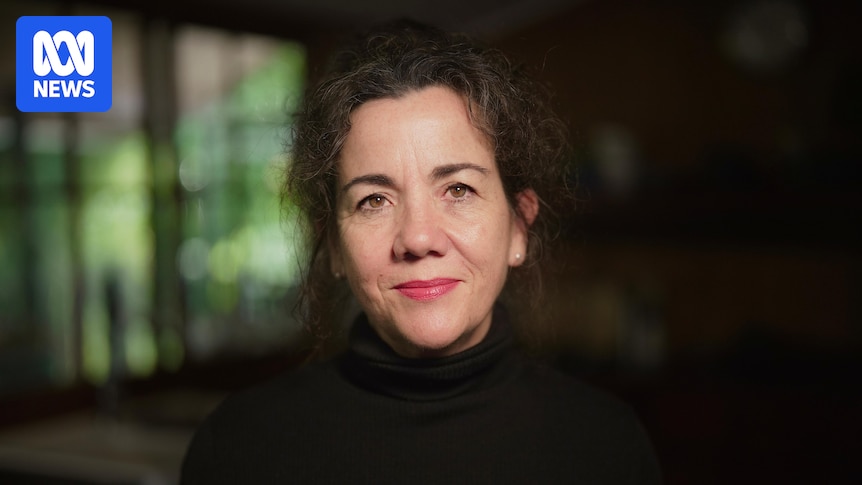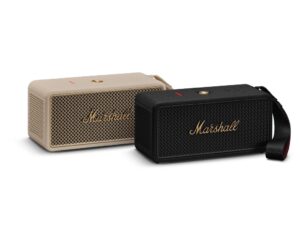
Nicole Ives was preparing to leave the hospital after an appendectomy when an unexpected discovery altered the course of her life. An abdominal scan in October 2021 revealed a suspicious lump in her right lung.
“There was a high probability that it was lung cancer,” Ms. Ives recounted. The news was both devastating and serendipitous, coming just months after she lost her husband Michael to aggressive oesophageal cancer. The prospect of another cancer diagnosis was overwhelming for the Queensland mother of three teenagers.
Despite being exposed to cigarette smoke during the 1970s and ’80s, Nicole, a non-smoker, was shocked by her diagnosis. “Because they [health authorities] did such a great job educating us about lung cancer and smoking, for someone like me, who never smoked, I probably wouldn’t have thought myself vulnerable in any way,” she explained.
The Global Impact of Lung Cancer
Thoracic physician Dr. Kwun Fong highlights lung cancer as the leading cause of cancer deaths both in Australia and globally, with around 9,000 Australians succumbing to the disease annually. “The reason why it’s got such a poor outcome is because when we detect it, usually it’s at a very late stage where cure is no longer possible,” Dr. Fong said.
While smoking remains the primary risk factor, other contributors include air pollution, diesel fumes, asbestos exposure, and genetic predispositions. Notably, one in three women diagnosed with lung cancer have no history of smoking, a statistic that underscores the complexity of the disease.
More Australians die from lung cancer than any other type of cancer.
Expanding the Scope of Screening Trials
For over a decade, Dr. Fong has been spearheading lung cancer screening trials at The Prince Charles Hospital in Brisbane. The latest phase includes 3,000 participants across three groups: never or light smokers, Aboriginal and Torres Strait Islander people, and current or former smokers. Participants will undergo low-dose chest CT scans to detect early signs of lung cancer.
Mark Dorante, a senior health worker, is advocating for Indigenous Australians to join the trial, noting, “We are twice as likely to develop and die from lung cancer than non-Indigenous Australians.”
National Lung Cancer Detection Program Launched
The newly launched National Lung Cancer Screening Program targets heavy current or former smokers aged 50 to 70. Eligible individuals must have a smoking history equivalent to a pack a day for 30 years and be either current smokers or have quit within the past decade. The program aims to save 12,000 lives over the next ten years.
“We’re very fortunate, we’re one of the few countries where this national program will be rolled out,” Dr. Fong stated.
However, the program’s current eligibility criteria exclude many at-risk groups. Dr. Fong’s trial seeks to identify other populations that might benefit from screening, such as firefighters, who face heightened risks from cancer-causing smoke exposure.
Justin Choveaux, general manager of the Rural Fire Brigades Association Queensland, emphasized the need for free screening access for all firefighters. “My suggestion and my hope would be that all firefighters, whether full-time, part-time, or volunteer, would be able to access free screening,” he said.
Balancing Benefits and Risks of Screening
While screening can save lives, it also carries potential downsides, including false positives, radiation exposure, and the detection of non-threatening conditions. Dr. Fong’s trial, expected to last up to three years, aims to ensure the benefits of screening outweigh these risks and that it remains practical within the healthcare system.
“The NLCSP will undergo a comprehensive evaluation after two years to ensure that it remains responsive and evidence-based, which may include changes to the eligibility criteria,” a federal Department of Health spokesperson stated.
Meanwhile, Nicole Ives focuses on her family and passions, grateful for the healthcare she received. Reflecting on her experience, she shared, “He [Michael] and I understood very well that the only thing you have is your attitude and the way that you think about things.”
For more information on the Australian Lung Screen Trial, individuals are encouraged to consult their healthcare providers.







